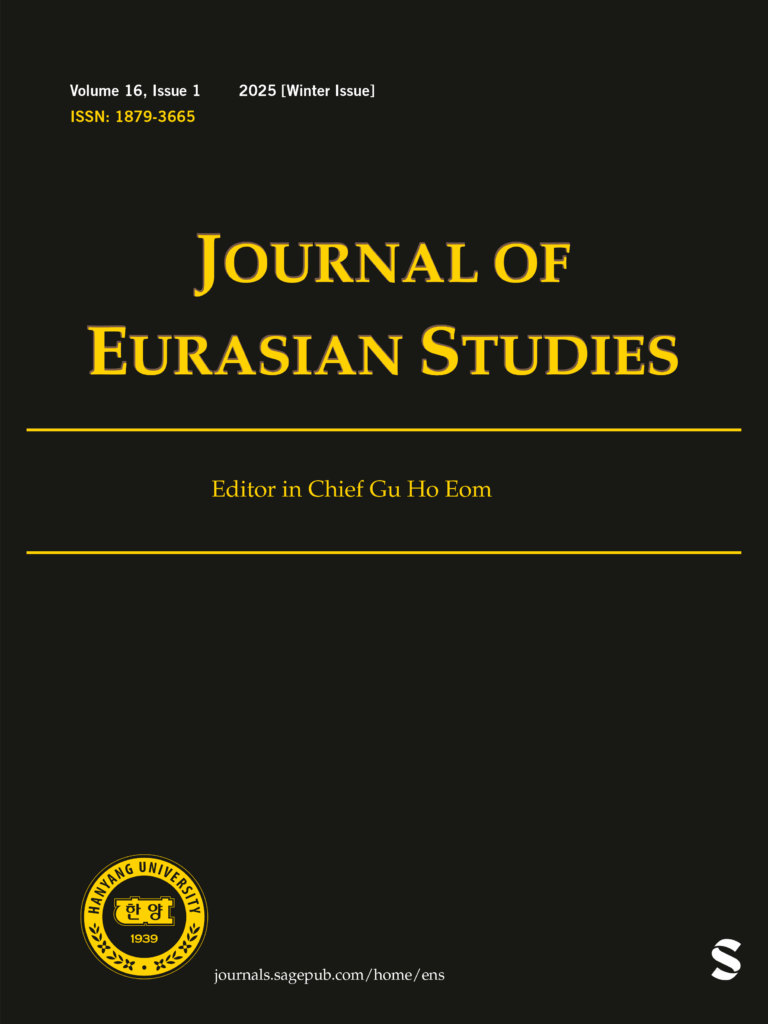Authors:
– Bidzina Lebanidze – Postdoctoral Research Fellow, Institute of Slavic Languages and Caucasus Studies, University of Jena, Associate Professor, School of Arts and Sciences, Ilia State University, Tbilisi, Georgia
– Kornely Kakachia – Professor of Political Science and Jean Monnet Chair at Ivane Javakhishvili Tbilisi State University. Director, Georgian Institute of Politics (GIP)
The publication was originally published by the Journal of Eurasian Studies
Abstract
While much has been written recently about the geopolitical assertiveness of a resurgent Russia in its neighborhood, few studies so far have focused on the importance of economic rationales in Russia’s decision-making. Economic variables can contribute to a more nuanced picture of the factors that determine the timing and extent of Russia’s coercive policy in the neighborhood. This article seeks to explain the differential reaction of Russia to Georgia’s and Ukraine’s ratification of Association Agreements with the EU. It is argued that while Russia is generally hostile to the approximation of its neighboring states to the EU, it only applies coercive measures sparingly, depending on the availability of leverage against the target country and thorough cost-benefit calculations. As argued below, since 2009, Russia has stopped applying much of its coercive measures toward Georgia because of a lack of adequate leverage, high political costs, and fewer benefits. However, the Kremlin unleashed its coercive toolbox on Ukraine because Ukraine was more vulnerable and economically more important to Russia.

